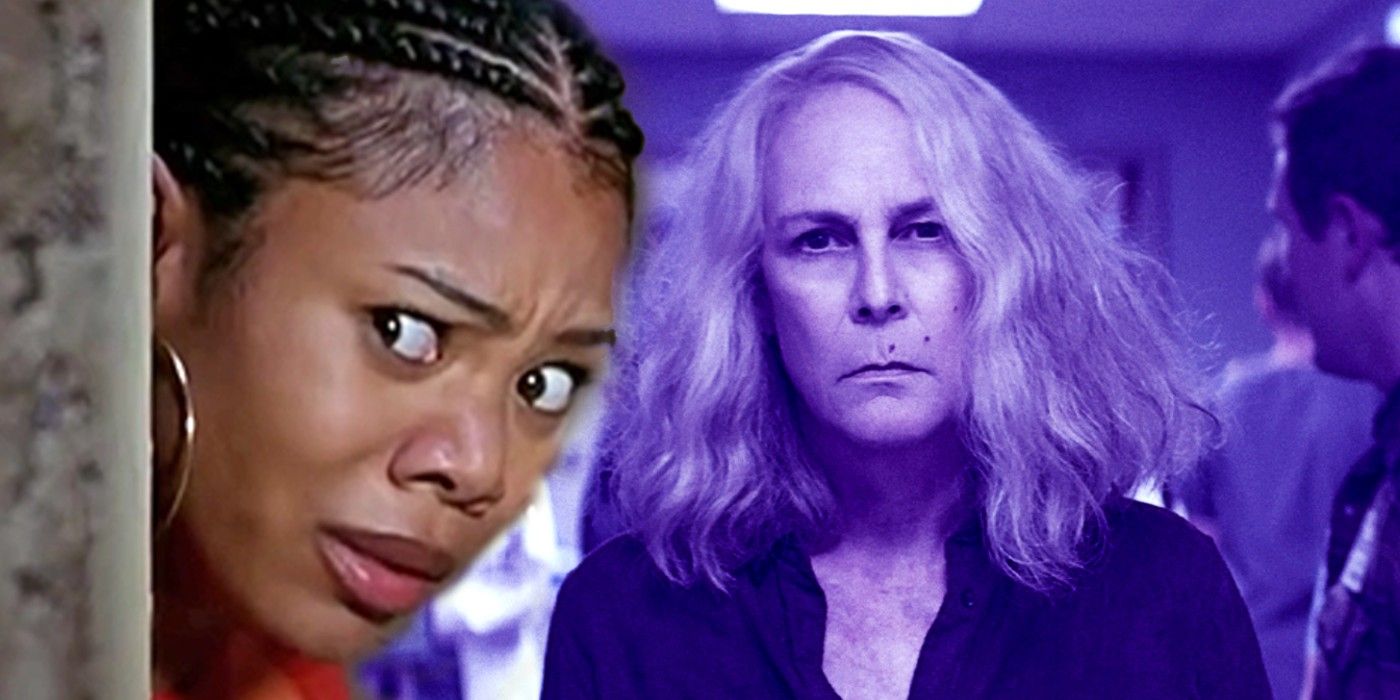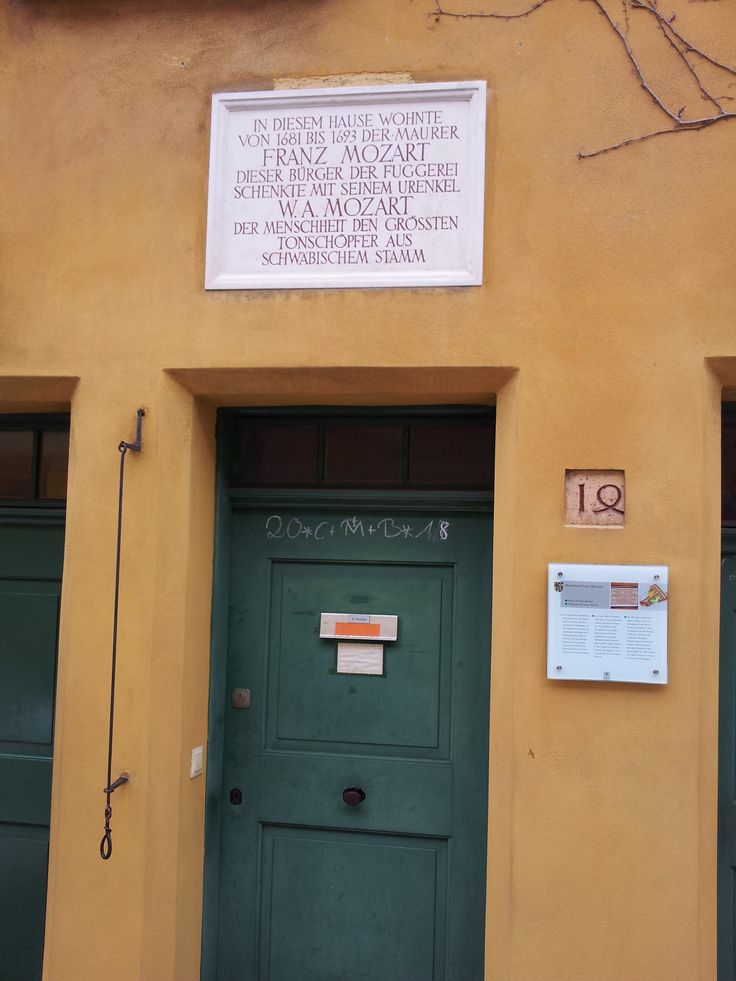Court Battle: DOJ Claims Live Nation Coerced Artists Through Venue Control

Table of Contents
The DOJ's Case Against Live Nation: Key Allegations
The core of the DOJ's argument centers on Live Nation's alleged abuse of its dominant market position. By controlling a significant portion of major concert venues across the US, the DOJ contends that Live Nation has been able to pressure artists into accepting restrictive contracts, stifling competition and harming artists' ability to negotiate favorable terms. This alleged coercion takes several forms.
-
Forced Bundling of Services: The DOJ alleges Live Nation forces artists to use its ticketing and promotional services, even if more advantageous options exist, creating a costly, one-stop-shop. This limits artists' choices and potentially inflates their expenses.
-
Unfavorable Exclusivity Deals: The lawsuit claims Live Nation pressures artists into signing exclusivity agreements, preventing them from performing at competing venues or using alternative promoters, severely restricting their touring options.
-
Retaliation Against Non-Compliance: The DOJ suggests that artists who refused to comply with Live Nation's demands faced retaliation, potentially in the form of limited venue access or promotion.
-
Evidence Presented by the DOJ: While specifics are still emerging in the ongoing legal proceedings, the DOJ’s complaint likely includes evidence from artist contracts, internal Live Nation communications, and economic analyses demonstrating anti-competitive practices.
Live Nation's Response and Defense Strategies
Live Nation vehemently denies the DOJ's allegations. Their defense strategy hinges on several key points.
-
Denial of Coercion Tactics: Live Nation argues that artists choose to work with them due to the quality and reach of their services, not because of coercion. They maintain that their contracts are fair and transparent.
-
Emphasis on Competitive Market Dynamics: Live Nation emphasizes that the market for concert promotion and venue management remains competitive, pointing to various smaller promoters and independent venues.
-
Argument that their Services Benefit Artists: Live Nation highlights the numerous benefits it provides to artists, including global reach, extensive promotional capabilities, and access to a vast network of venues. They present themselves as a crucial partner in an artist's career growth.
Potential Impact on the Music Industry and Artists
A successful DOJ case could profoundly alter the landscape of the music industry.
-
Greater Artist Autonomy: Artists could gain significantly more control over their contracts and touring options, leading to fairer negotiations and improved compensation.
-
More Fair Contract Negotiations: The outcome could lead to increased transparency and fairness in contract negotiations between artists and promoters. This would give artists more leverage in bargaining for favorable terms.
-
Increased Diversity in Venue Options: A successful case could foster a more diversified market for venues, creating more opportunities for artists and potentially leading to lower rental costs.
-
Reduced Costs for Artists and Consumers: Increased competition could lead to lower prices for tickets and potentially reduced fees for artists. This would benefit both artists and music fans. The impact on smaller artists and independent venues is also substantial, as a level playing field could allow them to thrive alongside larger players.
The Legal Proceedings and Next Steps
The Live Nation antitrust lawsuit is currently ongoing. Key dates and future events will shape the outcome.
-
Date of Lawsuit Filing: [Insert Date]
-
Key Court Hearings and Dates: [Insert Dates as they become available]
-
Potential Settlement Negotiations: The possibility of a settlement outside of court remains.
-
Expected Duration of Legal Proceedings: The case is expected to run for several months, if not years, as both sides present their evidence and arguments.
Conclusion: The Future of Artist-Venue Relationships After the Live Nation Antitrust Lawsuit
The DOJ's case against Live Nation has significant implications for the future of artist-venue relationships. The allegations of coercion and anti-competitive practices, if proven, could lead to sweeping changes in the music industry. The potential for greater artist autonomy, fairer contracts, and increased competition promises a more equitable environment for artists of all levels. Stay tuned for updates on this critical Live Nation antitrust lawsuit, which could reshape the music industry’s power dynamics and fundamentally redefine the artist-promoter relationship.

Featured Posts
-
 Prakiraan Cuaca Semarang Besok 22 April Hujan Siang Hari Di Jawa Tengah
May 29, 2025
Prakiraan Cuaca Semarang Besok 22 April Hujan Siang Hari Di Jawa Tengah
May 29, 2025 -
 88 36 Spring Valleys Impressive Win Over Spring Mills
May 29, 2025
88 36 Spring Valleys Impressive Win Over Spring Mills
May 29, 2025 -
 Beacon Hill Shooting Update On Victims Condition
May 29, 2025
Beacon Hill Shooting Update On Victims Condition
May 29, 2025 -
 Could Cindy And Brenda Return In Scary Movie 6 Exploring The Latest Horror Trends
May 29, 2025
Could Cindy And Brenda Return In Scary Movie 6 Exploring The Latest Horror Trends
May 29, 2025 -
 Probleme An Der Kreuzung Westcenter Bickendorf Loesungen Gesucht
May 29, 2025
Probleme An Der Kreuzung Westcenter Bickendorf Loesungen Gesucht
May 29, 2025
Latest Posts
-
 Augsburg Trainer Entlassung Fakten Reaktionen Und Ausblick
May 30, 2025
Augsburg Trainer Entlassung Fakten Reaktionen Und Ausblick
May 30, 2025 -
 Mozarts Clavierkonzert In Augsburg Musikgeschichte Zum Anfassen
May 30, 2025
Mozarts Clavierkonzert In Augsburg Musikgeschichte Zum Anfassen
May 30, 2025 -
 Kommentar Die Entlassung Des Augsburger Trainers Eine Analyse
May 30, 2025
Kommentar Die Entlassung Des Augsburger Trainers Eine Analyse
May 30, 2025 -
 Augsburgs Trainer Rauswurf Kommentar Zur Aktuellen Situation
May 30, 2025
Augsburgs Trainer Rauswurf Kommentar Zur Aktuellen Situation
May 30, 2025 -
 Andrej Kramarics Penalty Hoffenheim Draw Against In Form Augsburg
May 30, 2025
Andrej Kramarics Penalty Hoffenheim Draw Against In Form Augsburg
May 30, 2025
